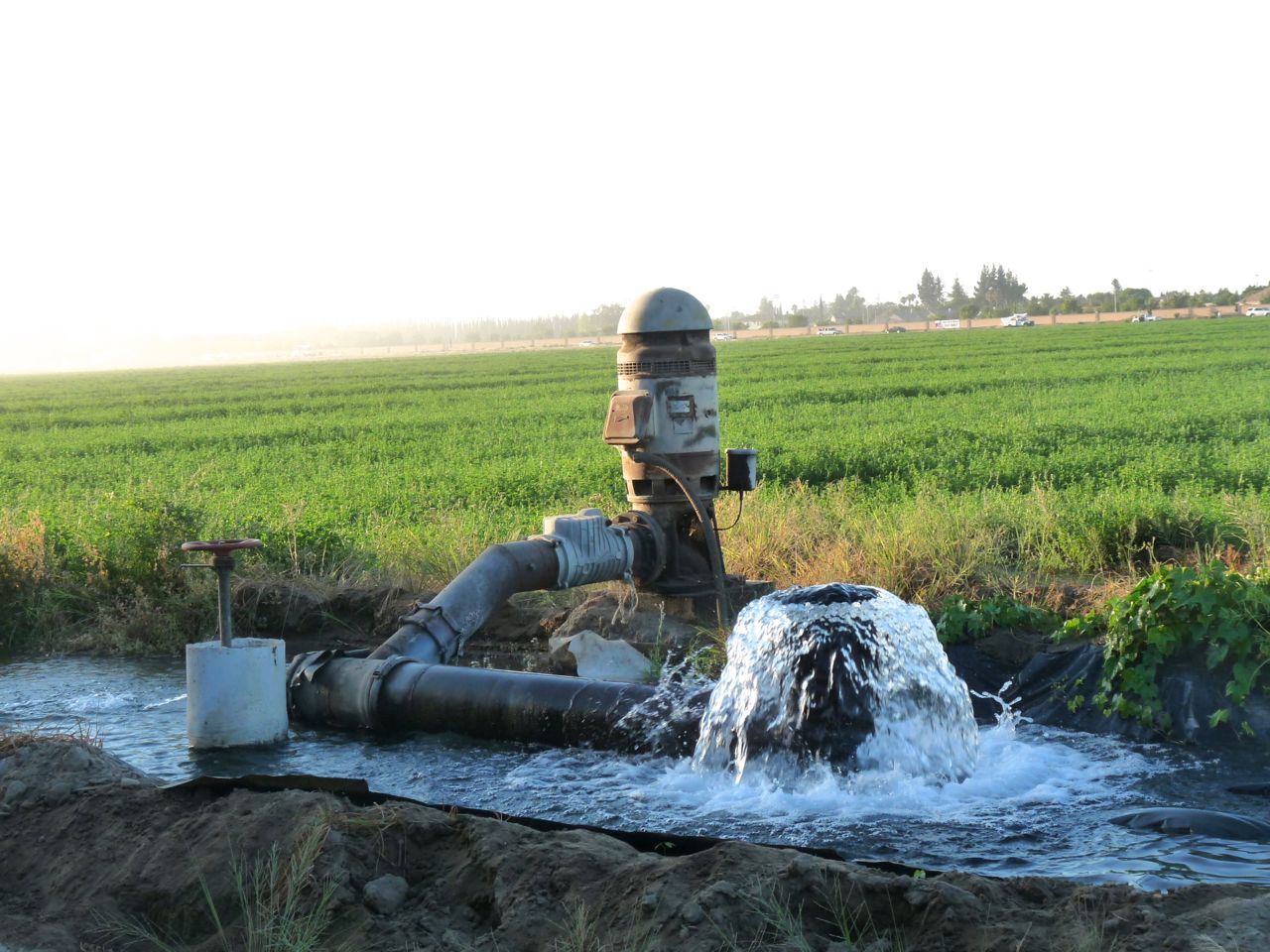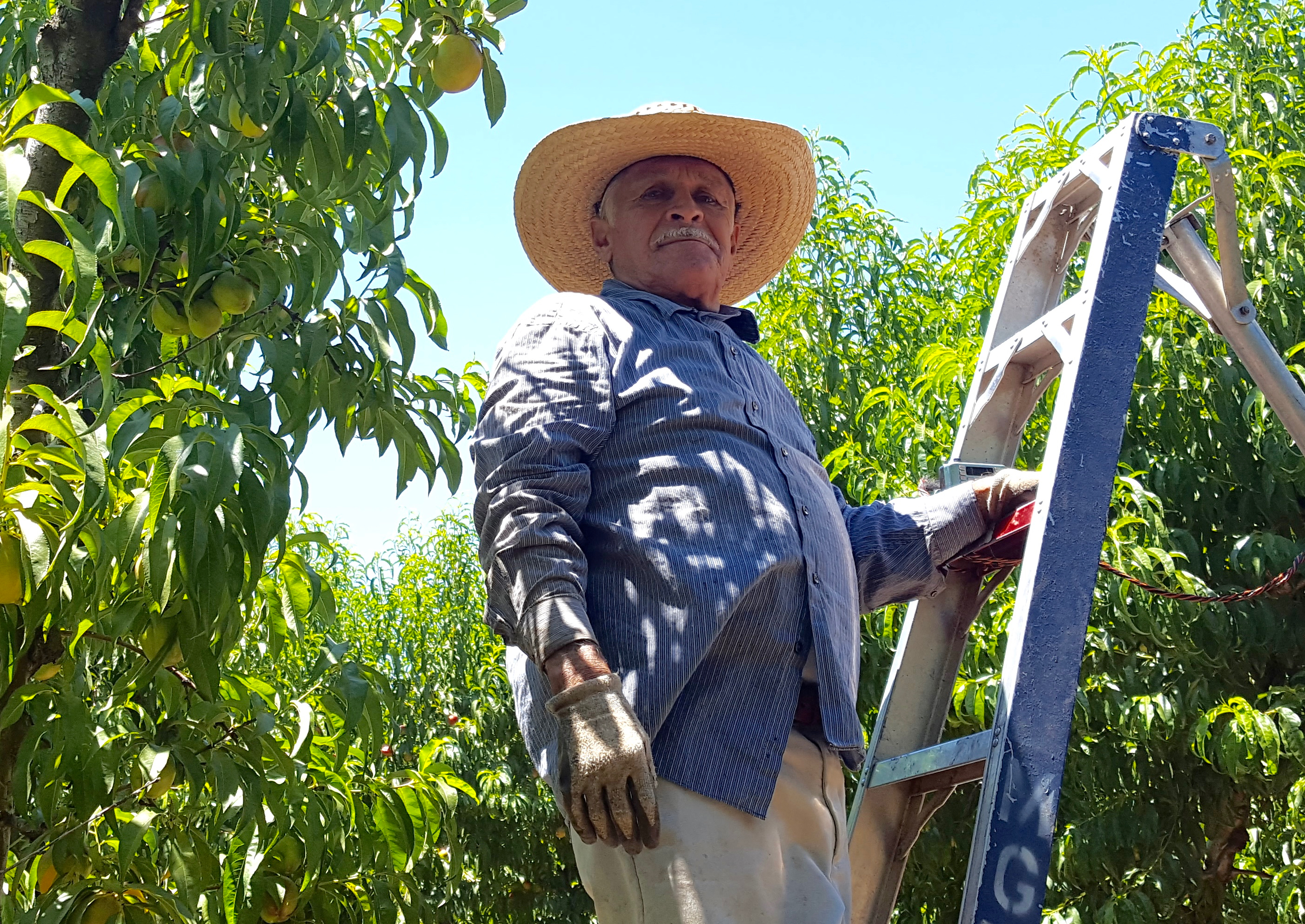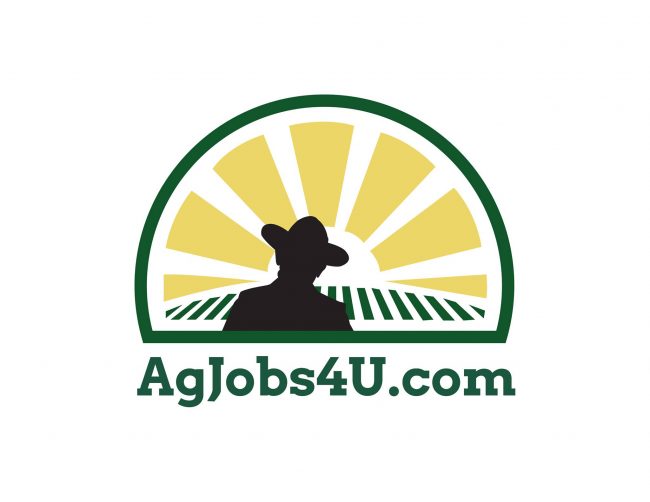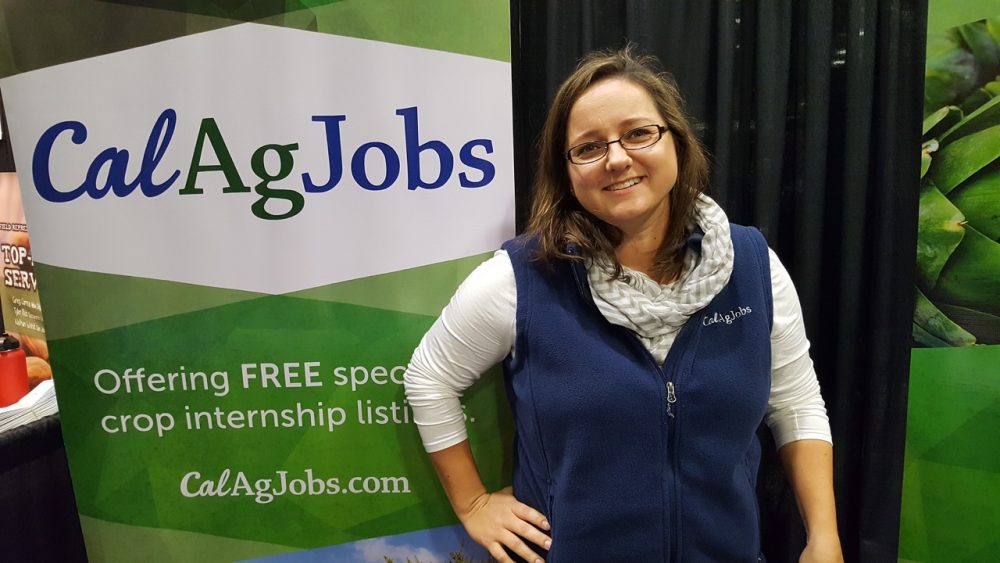Patrick Cavanaugh Retires as Long-Time Print Editor
Cavanaugh Will Continue as Editor of CaliforniaAgToday.com and Broadcast Radio Reports
Following more than 36 years at the editor’s desk, Patrick Cavanaugh decided to end his month-to-month deadlines for Pacific Nut Producer (PNP) and Vegetables West magazines. Since his first stories in 1985, where he felt like an undergrad in a Ph.D. class until the April 2021 editions, Cavanaugh has written more than 2000 feature stories and edited both magazines.
“My career has been a rewarding journey of discovery, an appreciation of the movers and shakers in this innovative industry that feeds the world, and an opportunity to convey the challenges, complexities, and forward-thinking leadership that have shaped this essential industry,” noted Cavanaugh,
“When I first began my agriculture journalism work in California, it was for another publishing company no longer in business. In 1995 I left that company to launch PNP, which I co-owned with Dan Malcolm, Malcolm Media,” said Cavanaugh. “After the first issues were published, the other publishing company, who published Nut Grower magazine, went out of business. It was time for PNP to take off, and it did.”
Tree nut nurseries were providing new and better varieties, and growers were planting them. It was great seeing the dynamic industry become the dominant business that it is.
Looking back on those early days of covering the industries, there is a vast difference now. “For example, I remember the early Almond Board Annual meeting that consisted of a long table on a riser with elected handlers and growers sitting in particular seats. It was a half-day meeting. Today, the annual Almond Board Meeting has been expanded to nearly three days with scores of educational talks and a massive trade show,” said Cavanaugh.
“From my vantage point, I have witnessed the incredible growth of this dynamic industry. In 1985, Almonds were on 400,000 acres, Pistachios were on 51,000 acres, and walnuts on about 134,000 acres. Tree nut nurseries have been providing new and better varieties, an increasing number of growers were planting these permanent crops, and tree nut acreage has more than doubled,” he said.
“Among the most important stories I’ve covered for Vegetables West was in 2007. Following a tragic outbreak of E. coli linked to fresh spinach that sickened more than 200 people,” said Cavanaugh. “California farmers made an unprecedented commitment to protecting public health by creating the California Leafy Green Products Handler Marketing Agreement (LGMA). The program’s goal is to assure safe leafy greens and confidence in our food safety programs,” he noted.
Cavanaugh grew up in Florida and became very interested in agriculture. He studied agricultural production at the University of Florida. Upon graduating, he moved to Tucson to escape the humidity of the south.
Farmed Jojoba and Table Grapes in Arizona
While in Tucson, he worked for an Ag Management company producing 500 acres of jojoba that we pressed the oil from and sold the oil to cosmetic companies. The farm was near Casa Grande, about an hour north of Tucson. Cavanaugh was the ranch manager, and the company eventually converted the jojoba ranch into table grapes. Once we had Arizona’s Finest crop in cold storage, it would be sold and distributed to grocery stores in Phoenix and Tucson, as well as surrounding areas.
While at the ranch, Cavanaugh began writing freelance articles for the original company. Eventually, Harry Cline, the company’s editor, made an offer to come to Fresno and work for the company. “That’s what I did. And Harry became a valuable mentor,” he said.
While his magazine writing career is ending, he will still oversee CaliforniaAgToday.com and broadcast a daily Tree Nut Report for the Ag Information Network. That report is broadcasted throughout the state.
“Two years ago, my wife Laurie and I moved back to Tucson. We love the Southwest and wanted to return,” noted Cavanaugh.
“Lastly, I want to say that I am in awe of farmers, and I am grateful for their work to provide food for all of us. It has been a true joy to know so many growers and being on your farms,” he said.





































